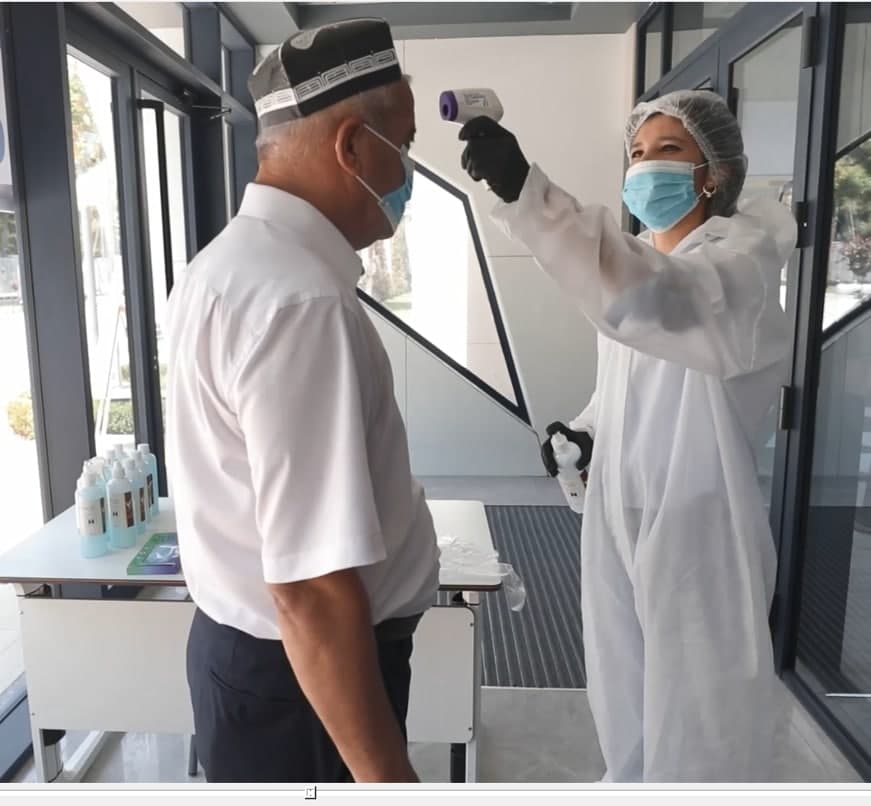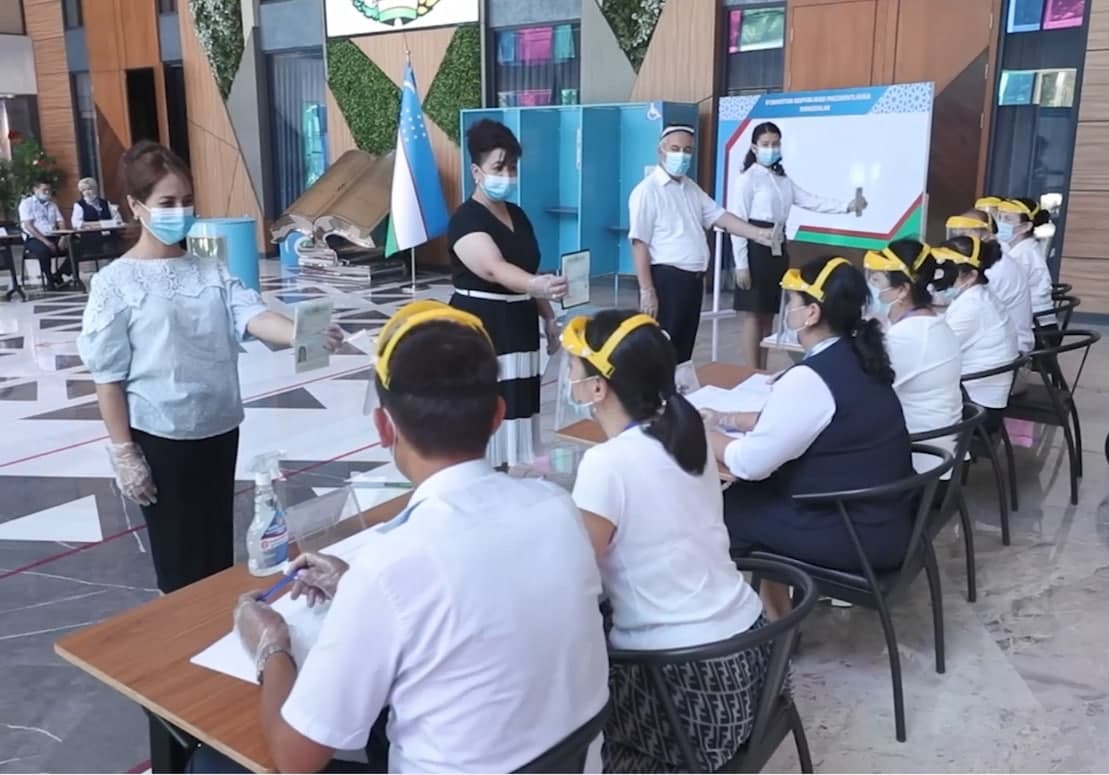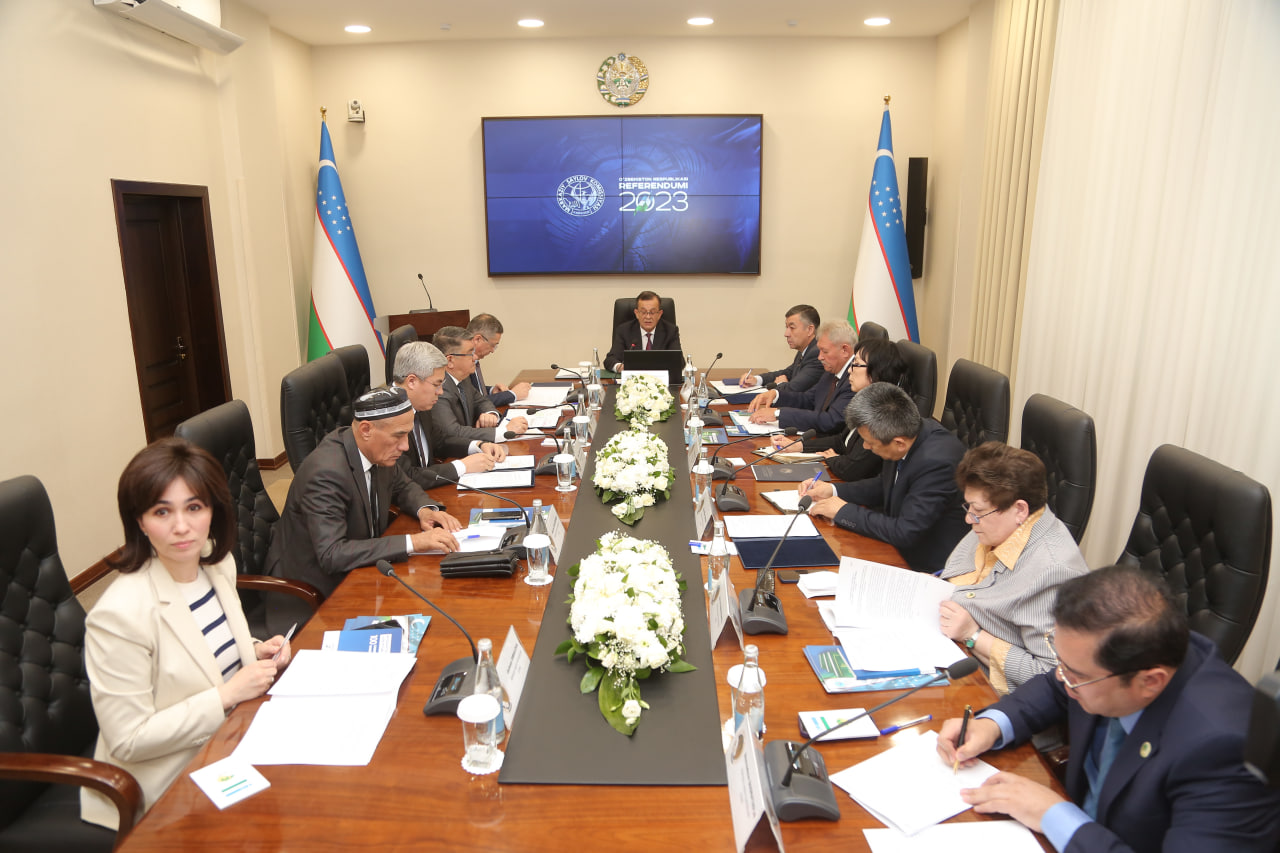 773
773

Certainly, election officials were concerned that the voting process during a pandemic would have an impact on the further spread of the virus and the decrease in the number of voters. However, many countries have managed to hold elections under new conditions, using new legislation and electronic voting.
As a result, special voting procedures and security measures have been strengthened. The high voter turnout and confidence in the electoral system have not been lost.
In 2021, more than 10 countries, including the Republic of Benin, the Republic of Djibouti, the Republic of Kosovo, Libya, Mongolia, the Portuguese Republic, the Republic of Chad and the Republic of Uzbekistan held Presidential elections, as well as about 40 countries, such as Albania, Bulgaria, Germany, Mexico, the Czech Republic, Japan, Canada, the Netherlands and Israel held Parliamentary elections.
Among them are CIS Member States, including Russia (elections of the Deputies to the State Duma of the Federal Assembly of the Russian Federation), Kazakhstan (scheduled elections of Deputies of the Parliament of the Republic of Kazakhstan), Kyrgyzstan (Presidential elections,local elections and constitutional referendums), Uzbekistan (Presidential elections), Armenia (elections of Deputies of the Milli Mejlis of the Republic of Armenia) and Moldova (Parliamentary elections of the Republic of Moldova) were held at various levels.
It should be noted that this year the Uzbek delegation composed of CEC representatives participated in elections at various levels in Russia, Kazakhstan, Kyrgyzstan, Armenia, Moldova, Georgia as an international observer in the observation missions of the CIS, SCO, OSCE Office for Democratic Institutions and Human Rights and the Cooperation Council of Turkic Speaking States.
In this regard, it should be noted that sanitary-epidemiological safety measures have been taken in the elections in a number of countries. Polling stations, Commission members and voters were provided with personal protective equipment, antiseptics and other means.
The permanent member of the Central Election Commission Bahodirjon Yunusov said:
- The International Foundation for Electoral Systems (IFES) and the Office of Health Management (OHM) have developed a special manual «Health and Election Protection» to support the electoral bodies that are forced to work under such a difficult conditions.The main observations and recommendations on public health and COVID-19 risk reduction for the processes were outlined.
This information booklet is based on the general recommendations of organizations such as the World Health Organization, the US Centers for Disease Control and Prevention (CDC). The latest data and research results, and the best practices of electoral authorities in a pandemic have been presented.
Given the limited time and resources to the election administration to introduce and implement new approaches to the process, it is essential to adopt the risk mitigation measures as part of a comprehensive strategy to ensure resource optimization. This strategy must take into account the COVID-19 prevalence trends. If these recommendations and measures are implemented effectively, it will allow to reduce the spread of the virus in the electoral process, to ensure safety to people's health, and ,as the result, to increase voter turnout. Otherwise, it will discredit the legitimacy of the election results.

It should be noted that the election authorities will have to introduce new, improved procedures to mitigate the risk of virus transmission, and allocate funds for the purchase of necessary protective materials. They will also need to coordinate their activities with other stakeholders to implement these changes and make them understandable to voters.
Considering the recommendations, the Central Election Commission decided to approve the INSTRUCTIONS on Prevention of the Spread of Coronavirus Infection (COVID-19) at the elections of the President of the Republic of Uzbekistan to ensure the safety of voters and election organizers. It is noteworthy that these major measures have contributed to the successful holding of the presidential election.






















